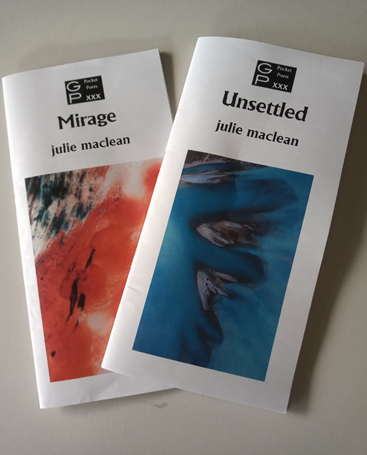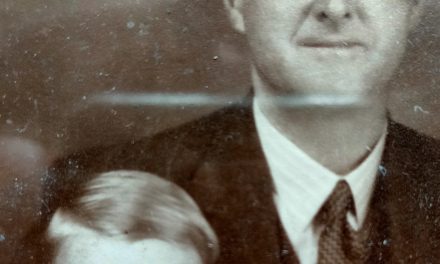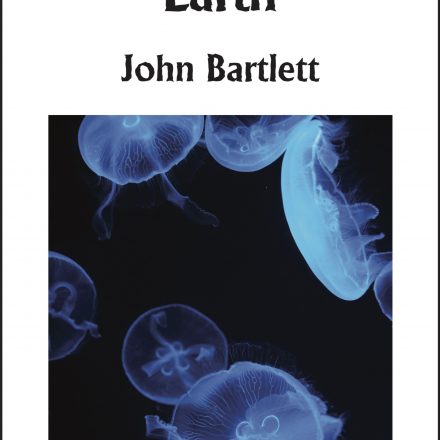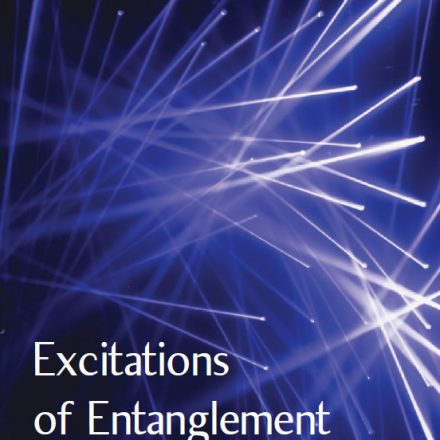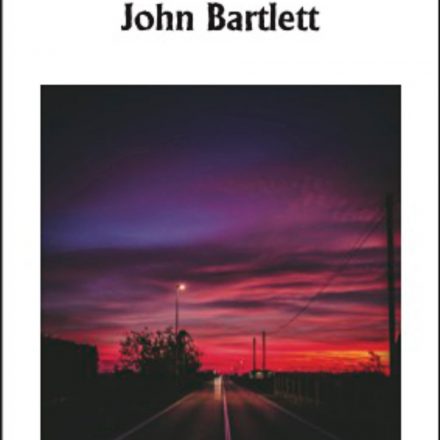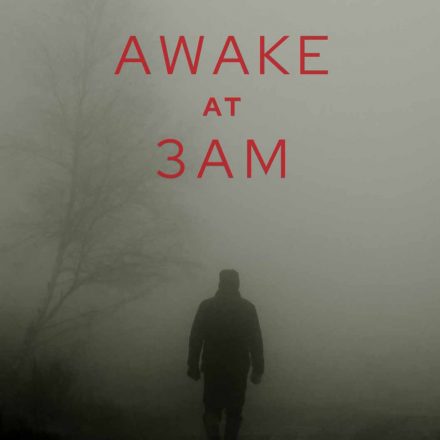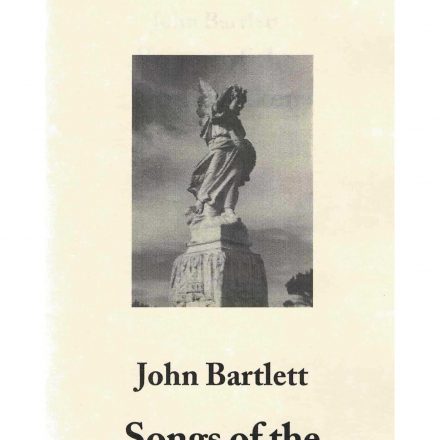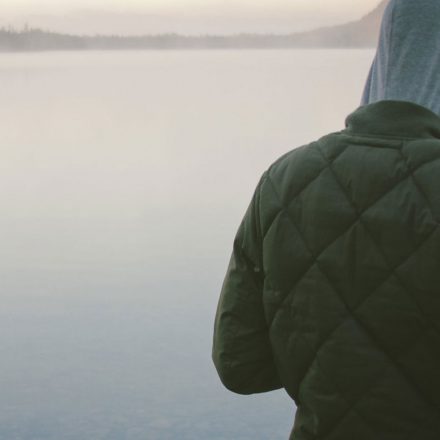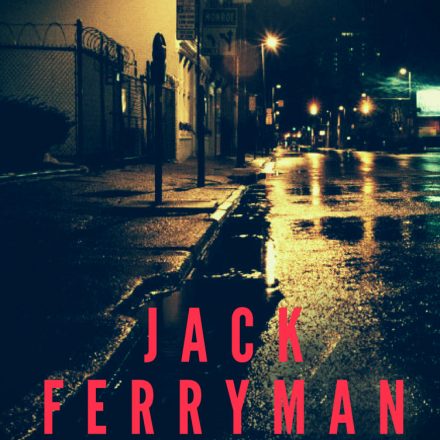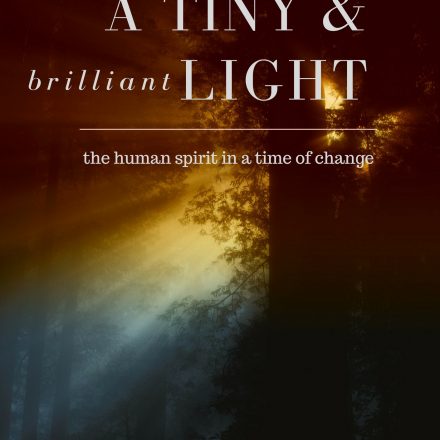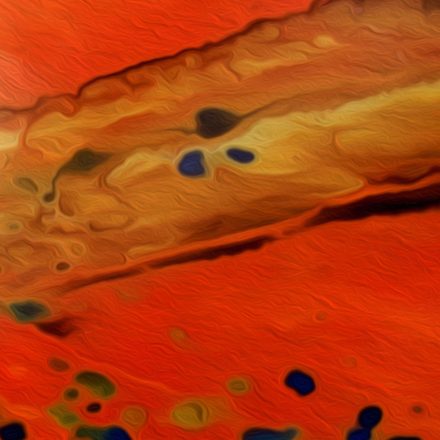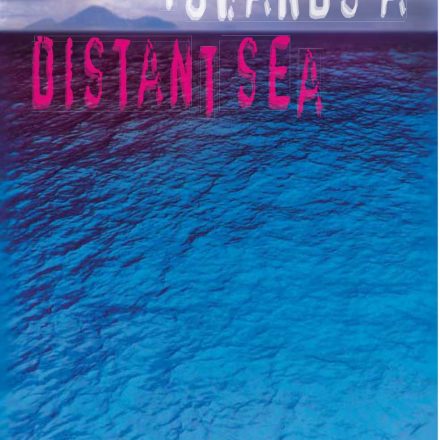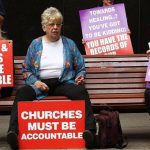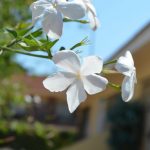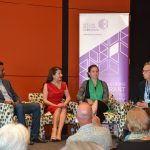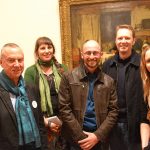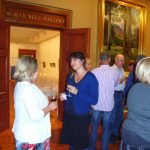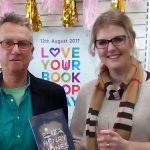Recently I spoke with poet Julie Maclean on the occasion of the publication of her two chapbooks Mirage & Unsettled, published by Ginninderra Press and available here: https://www.ginninderrapress.com.au/chapbooks.html
In the interview Julie says of Australian poetry that ” The short, quiet poem is not so revered anymore. We seem to need to shout to be heard like an angry teenager or dissident locked up for a long time. I’m as guilty as the next shouty poet. I see more accessible poetry and the confessional creeping in again. It’s a lively, eclectic scene.”
Q1.These two chapbooks have come out together but I understand came about differently. Can you tell us how they came to be and how both have been published at the same time?
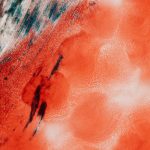 Mirage (A Journey into the Red Heart) takes you on a road trip from my home on the Surf Coast to Uluru and across Munga-Thirri National Park (formerly known as the Simpson Desert).
Mirage (A Journey into the Red Heart) takes you on a road trip from my home on the Surf Coast to Uluru and across Munga-Thirri National Park (formerly known as the Simpson Desert).
Returning recently from such a trip, I was asked to supply poetry for a video our son was making of our time away. I realised I had poems from previous travels both across the desert and also to Cape York. Several had been published in journals but I hadn’t thought of putting them in collections until then.
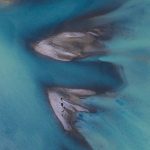 Unsettled (A Journey into the Far North) takes you to Queensland and around the Whitsundays (‘drowned mountains’ once inhabited by the Ngaro people). It felt right somehow to present the chapbooks as separate entities. Stephen and Brenda (Ginninderra) seemed keen to take them on as a pair and so here they are.
Unsettled (A Journey into the Far North) takes you to Queensland and around the Whitsundays (‘drowned mountains’ once inhabited by the Ngaro people). It felt right somehow to present the chapbooks as separate entities. Stephen and Brenda (Ginninderra) seemed keen to take them on as a pair and so here they are.
Q 2. Your earlier poetry, according to academic Maria Takolander has been described as full of “unsentimental and powerful elegies…giving urgent attention to the surprising and plangent condition of our lives.” Do you see the style of these current collections as similar or different? How has your style changed (or not)?
A. What poet can resist an elegy? I still try to avoid sentiment but it creeps in now and again. Maria was responding to my first collection, When I Saw Jimi, which reflects my teen years growing up in the Sixties in Britain. The poems seem confessional and emotional looking at them now, based around relationships and the influence of music.
Poems in Mirage and Unsettled focus on the spirit of place looking through the lens of a camera, trying to make sense of what I see and how our footprint manifests itself on the landscape.
Some are elegiac, some observational and reflective. Several refer to simple place names as my way of mapping the journey in my memory. I’m hoping to take the reader on a lively, provocative ride with short stops along the way.
Q 3. How have poets fared in recent COVID-19 lockdowns? Do you see them as lost opportunities or have they been an opportunity for some to extend their writing?
A. You’d have to say there’s been a mixed response, depending on which lockdown, what time of year and where in the world you happened to be. The first lockdown was an opportunity for some of us to get manuscripts assembled and to join myriad poetry events via Zoom. It was clear that the cybersphere allowed poetry to go global and this was exciting. I’m sure this period spawned a host of lockdown poems and stories. Sadly, some independent journals crashed. They certainly struggled under the uncertainty. I know of one editor who had to call on writers to submit poems for the first time. And, as it drags on you can see vitality being sucked out of us as we realise how much connection with others, travel and new ideas feed our souls. We will see, won’t we?
Q 4.What inspires you in your writing?
A. Collaborations, mortality and looking out the window. I’m working with both a poet and a fiction writer on a sequence of ‘reply poems’ and a collection of short fictions. A small group of poets in Geelong gets me out of my comfort zone by setting regular challenges in forms of poetry I wouldn’t necessarily choose like sonnet, pantoum and haibun. The fellowship of other writers and kindred spirits is so enlivening, and of course reading – so much fresh, new talent out there. Not sure I’ve answered this question. Thematically, I seem obsessed by the way we manage relationships, the land, sea and sky.
Q5. How do you see the state of poetry in Australia at the moment?
A. For spoken word/ performance poets and Instagrammers it’s an international powerhouse of linguistic revelry and shared humanity. For poets seeking publication in print in journals or books, the market is tightening and it can be a bit of a slog.
Our online journals are alive and thriving. Editors know their stuff and are showcasing vibrant, diverse writers of quality. Some of our established journals, however, seem overwhelmed by dwindling subscribers, vast numbers of submissions and insufficient staff. Submissions can go unacknowledged and can take up to a year for a rejection or acceptance.
We still have a couple of publishers that support emerging poets but so many no longer accept full collections unless solicited, often not even then. Self-published poetry has always been scorned but you can see with the success of Instagram, Amazon and online platforms, it’s only a matter of time.
The Australian, of all places, shone a flicker of light on poetry when Sarah Holland-Batt produced a clever and thoughtful appraisal of a poem each Saturday. Now that’s gone. At least a small poem (hurrah) appears each week selected by Jaya Savige, but the average punter doesn’t warm to non-rhyming free verse readily. It remains baffled and fearful of it and longs for the rollicking days of Banjo and co. Many who do appreciate poetry do not buy it.
I see a trend towards prose poetry and competition-length poems that could do with a haircut. The short, quiet poem is not so revered anymore. We seem to need to shout to be heard like an angry teenager or dissident locked up for a long time. I’m as guilty as the next shouty poet. I see more accessible poetry and the confessional creeping in again. It’s a lively, eclectic scene.
Forensic reviews are thin on the ground. Our literary scene is a very small pond so reviewers are loath to cause ripples. Reviewers also receive paltry remuneration, if anything, for a piece of work that can take days of reading, research and reflection.
Reviewing could play a bigger part in Creative Writing courses, perhaps. I’d like to see Creative Reading courses to promote enquiry and thorough linguistic analysis of the old and new. I’d love to see editing come back as an art form.
Overall, I see a dynamic and fast-flowing river of poetry that will find its own levels and that we’re not likely to drown, just yet.
And thank you for asking, John.
Dingo Girl
Safe inside your canvas dreaming
of the red track westward across the dunes
the lean shape-shifter with toes of a dancer
foxtrots the fringe Camp follower
nose to the north she takes the shape of
a desert grass spinifex dry
same pale yellow same drift as the wind
It’s then you daub the ochre the black
white for a star in the eye Insinuate
a dark shadow, minimal abstract perhaps
Next morning the palette licked clean
From Mirage
To Torrens Creek
He said the road was bony
I knew what he meant
Ruts in roads are rib cages
of giant marsupials
Megasaurs that gulped
from torrents plunging
to inland seas the size
of Tasmania
These days shrunken lakes
& salt crusts
are busy preserving life forms
so small
microscopic
like your old grandmother
bottling fruit, boiling jams
pickling things
that would amaze
anyone who knew or cared
From Unsettled
Bio
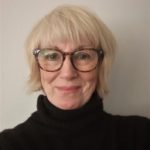 Julie Maclean’s poetry, fiction and reviews have appeared in The Best Australian Poetry, Cordite Review, The Griffith Review, Island, Overland, POETRY (Chicago) and Southerly, among others. She is the author of four chapbooks and one full collection; When I Saw Jimi; joint winner of the Geoff Stevens Memorial Poetry Prize (Indigo Dreams Publishing, UK) . www.juliemacleanwriter.com
Julie Maclean’s poetry, fiction and reviews have appeared in The Best Australian Poetry, Cordite Review, The Griffith Review, Island, Overland, POETRY (Chicago) and Southerly, among others. She is the author of four chapbooks and one full collection; When I Saw Jimi; joint winner of the Geoff Stevens Memorial Poetry Prize (Indigo Dreams Publishing, UK) . www.juliemacleanwriter.com

